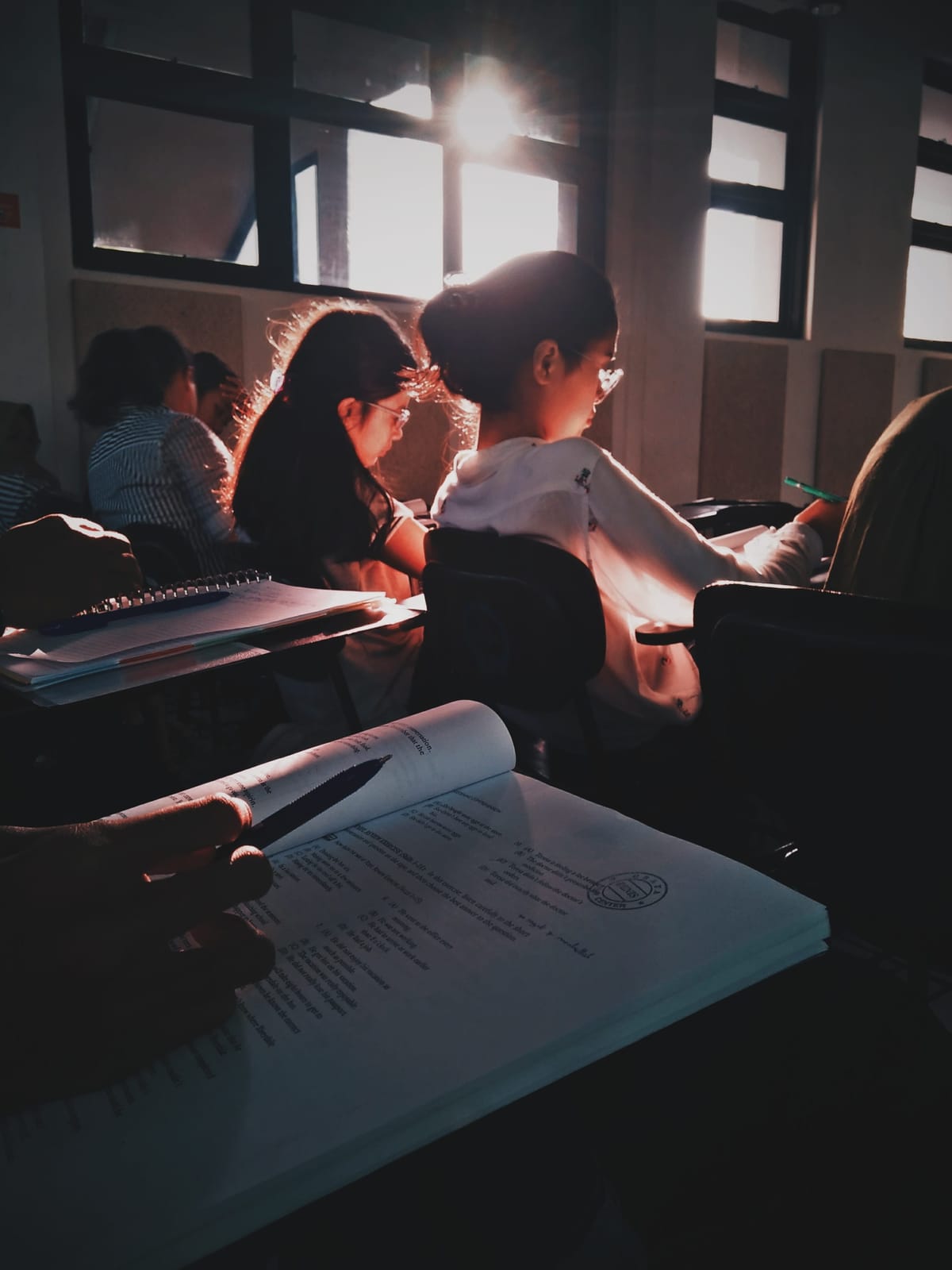After Mixed Messages, NYC Will Not Count Absences in Middle and High School Admissions Amid Coronavirus Fears


By Christina Veiga, Alex Zimmerman. Originally published March 4 on Chalkbeat.
New York City schools will not consider student attendance and punctuality records in admissions decisions for competitive middle and high schools next year, the city said Wednesday.
The announcement followed an outcry from parents and elected officials who argued the policy encouraged sick children to show up to school amid growing concern about coronavirus.
“This is a moratorium during a public health crisis to ensure our schools stay safe,” education department spokesperson Miranda Barbot said in an emailed statement.
About one in five New York City middle and high schools use criteria like attendance records in admissions. A single absence can hurt a student’s chance of acceptance to some of the city’s most sought-after schools.
Now, officials said, schools will not be allowed to weigh attendance records of this year’s fourth- and seventh-graders, who will be applying to middle and high schools next year. Attendance during all of the 2019-20 school year will not be considered in admissions decisions for students who will begin middle or high school in September 2021, according to the education department.
“Attendance will be frozen as a factor in admissions for the foreseeable future, so as not to allow any impact to this crisis to negatively affect the admissions process,” Mayor Bill de Blasio said at a Wednesday press conference.
He added that citywide school attendance has not dipped recently, and schools Chancellor Richard Carranza said school closures remain a “last resort” — even as news broke that a New York City teacher had self-quarantined after traveling to Italy and showing symptoms of possible coronavirus.
“I want to thank parents and students for continuing to go about their lives even against this challenging backdrop,” the mayor said.
The decision to adjust admissions rules marks an abrupt reversal for the city, which sent confusing messages about the attendance policy in the days following confirmation that the virus had spread to New York City — raising questions about the ability of the country’s largest school system to clearly and quickly share information at a vital time.
It is also an unlikely victory for parents advocating for more racially and economically integrated schools, who argue that using attendance records in admissions decisions contributes to the New York City school system’s status as one of the most segregated in the country. A recent report shows that black and Hispanic applicants are less likely than white or Asian students to qualify for admission to a school that requires students to have fewer than five absences and five tardies.
Parents have blasted the use of attendance records as unfair to children who, in elementary or middle school, have little control over whether they show up to school. Elected officials joined in the criticism in recent days, saying the threat of coronavirus only highlighted the need to end the practice.
“People want to make sure their kids aren’t going to be penalized for this,” said City Councilman Keith Powers. “They also want to make sure their kids are safe and healthy when they go to school every day.”
So far, the city has not signaled that the changes will become permanent. Top city officials have not responded to a series of recommendations from a mayoral task force calling for an overhaul to the screening process at selective schools in an effort to make them more integrated. Those recommendations include the elimination of attendance and tardiness in admissions decisions.
“This should be the case, even without the coronavirus,” said Mark Treyger, the chairman of the City Council’s education committee. “Many students are forced to be absent at no fault of their own.”




